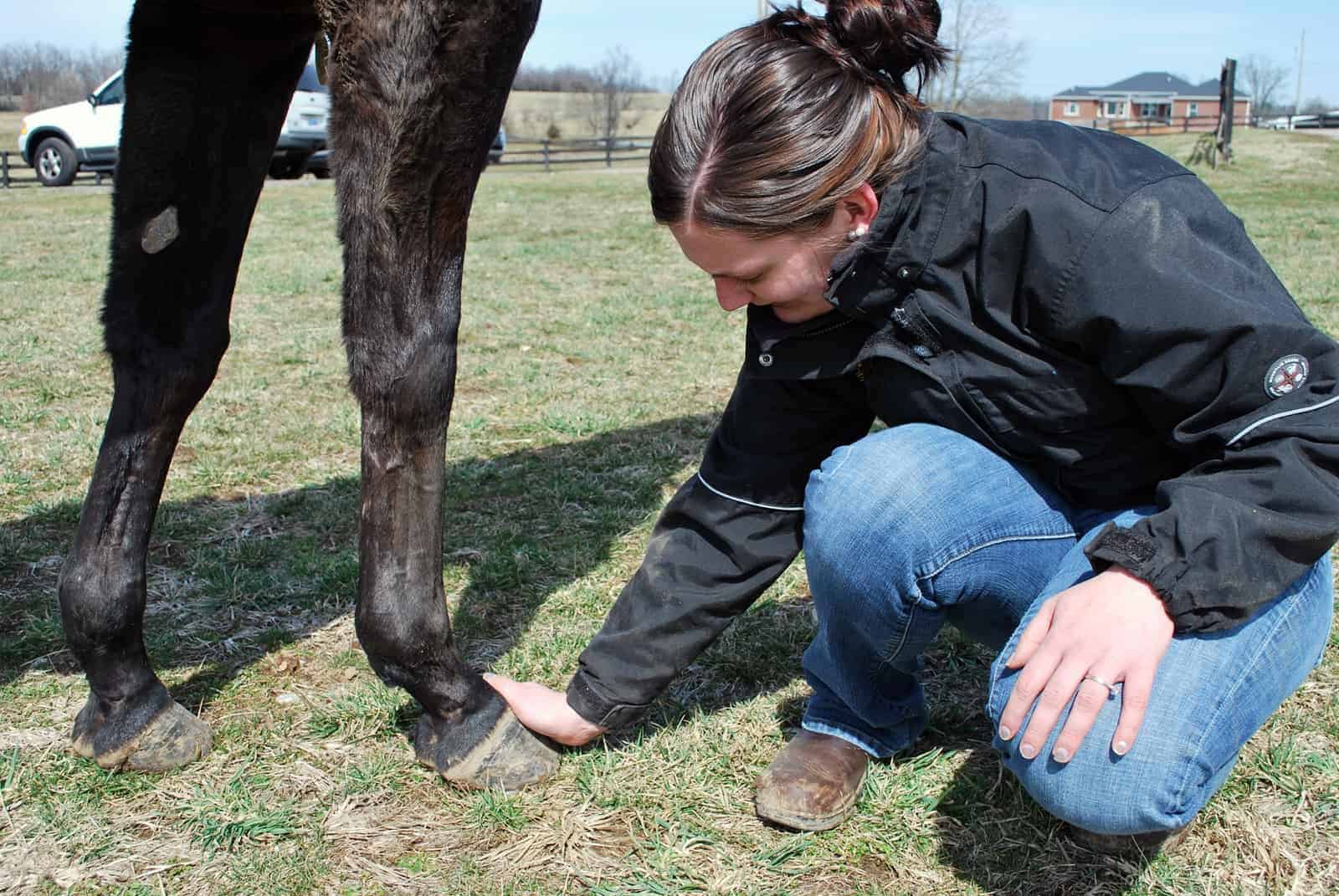Know Your Horse in Health

Examine your horse’s vital signs, body, and behavior on a regular basis to become a more active participant in his care.
One of my clients called me recently with an after-hours emergency. Her horse had a poor appetite, seemed depressed, and had been lying down more than normal. She thought the problem might be colic, and she was hopeful that a shot of flunixin meglumine (Banamine) would resolve it. She was calling me to determine the best approach to take. I explained to her that many different ailments could cause the signs she described. Whether the Banamine would help depended on the diagnosis, and I would need to examine the horse to make one.
This owner had recently attended a workshop I had given, during which I taught attendees how to assess their horses in health and how to perform a basic physical examination. I asked her to describe the results of her assessment. Given the specific information that this horse owner provided to me right then–abnormally high heart and respiratory rates, moderate fever, and abnormally red mucous membranes–I suggested she not try to treat the problem herself and, instead, bring the horse to our hospital immediately for diagnosis and treatment.
Upon arrival, the horse was obviously very ill. I took a careful history, performed a thorough physical examination, and ran various diagnostic tests to determine the horse was suffering from an inflammatory condition of the small intestine. We treated the horse aggressively over several days, and he recovered completely. While the hospital stay was not inexpensive, the total cost of veterinary care was probably far less than it would have been, had the owner tried to treat the horse herself first, or even if I had made the long drive to her stable first (only to determine when I arrived that the horse needed hospitalization to survive). These alternatives also would have delayed diagnosis and treatment. The outcome was good in part because my client knew her horse in health and was able to recognize signs of illness. She could perform a basic physical examination competently, and she knew how to organize her results and share them with me
Create a free account with TheHorse.com to view this content.
TheHorse.com is home to thousands of free articles about horse health care. In order to access some of our exclusive free content, you must be signed into TheHorse.com.
Start your free account today!
Already have an account?
and continue reading.
Written by:
Doug Thal, DVM, Dipl. ABVP
Related Articles
Stay on top of the most recent Horse Health news with















